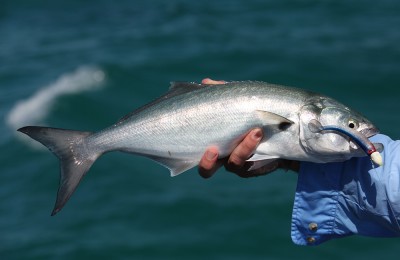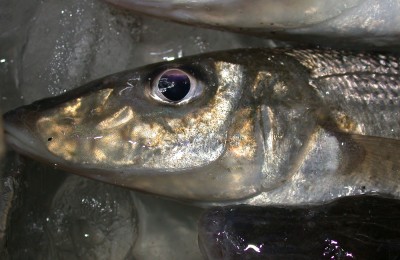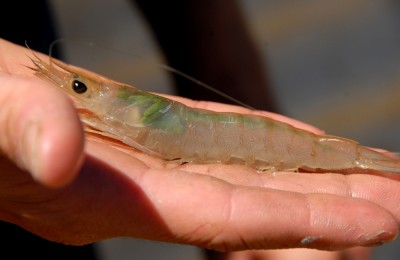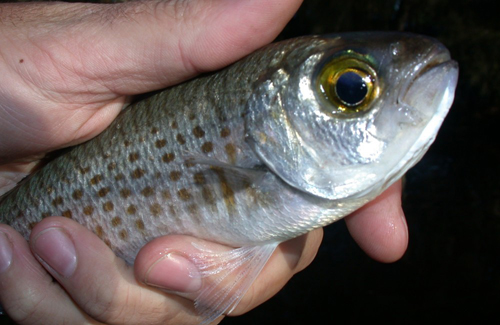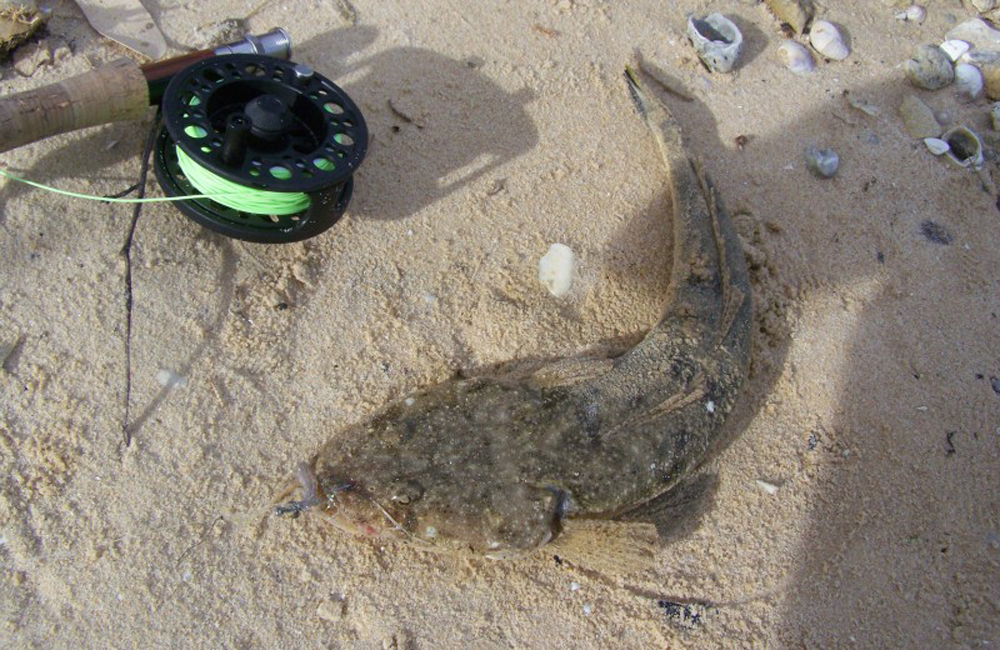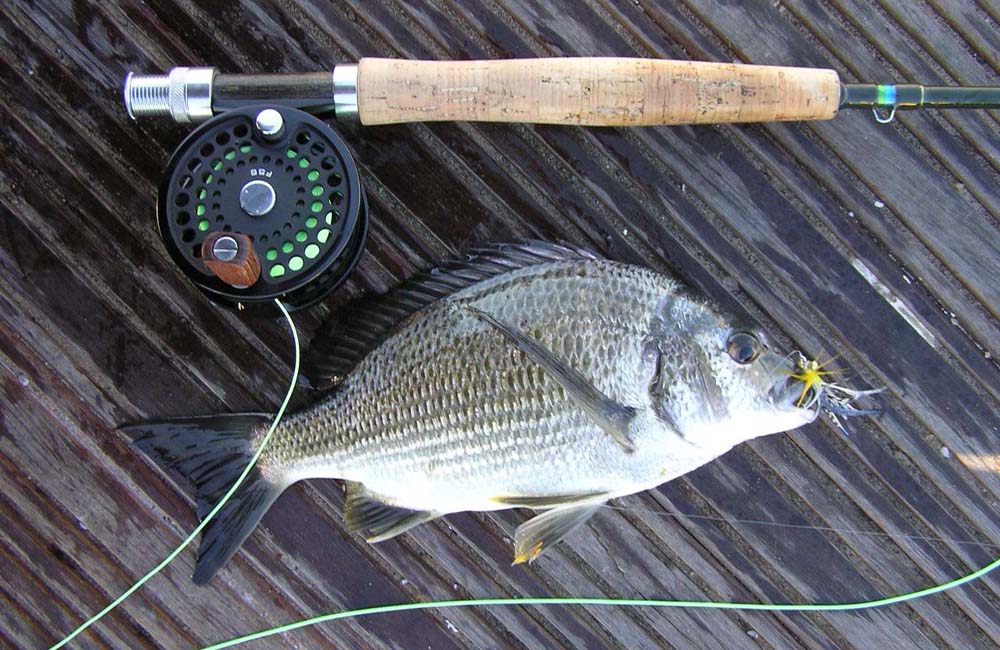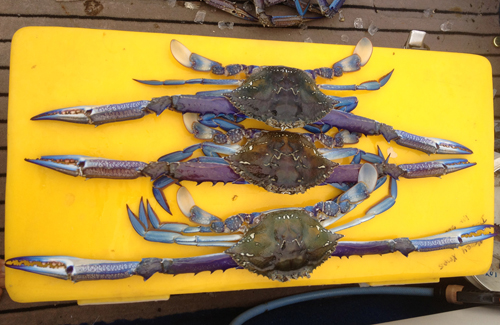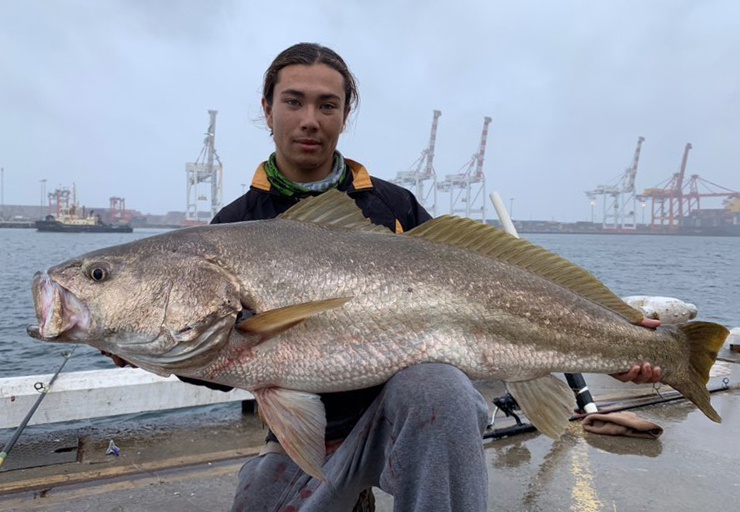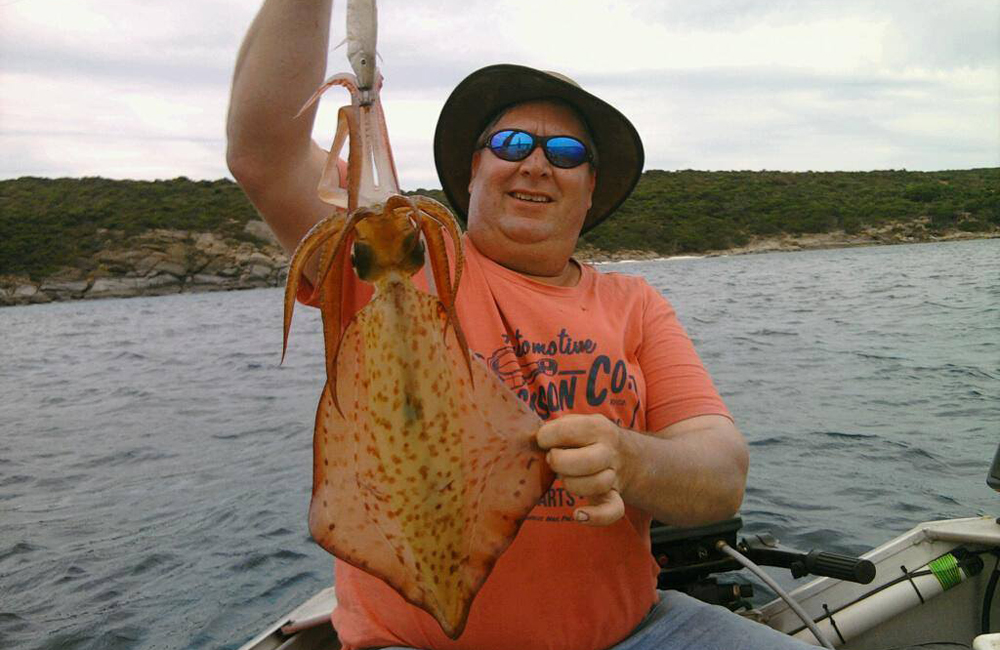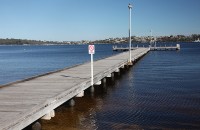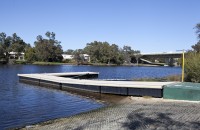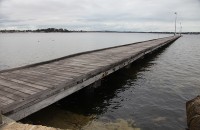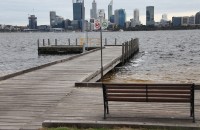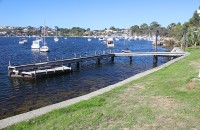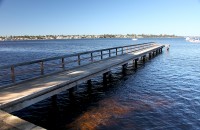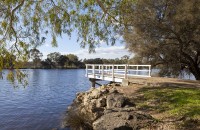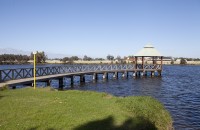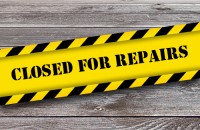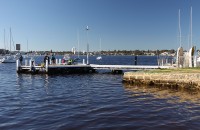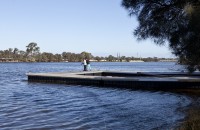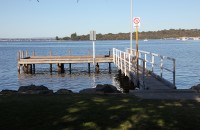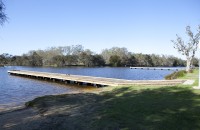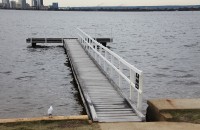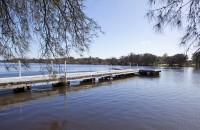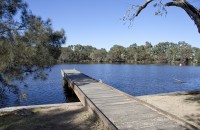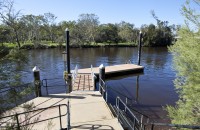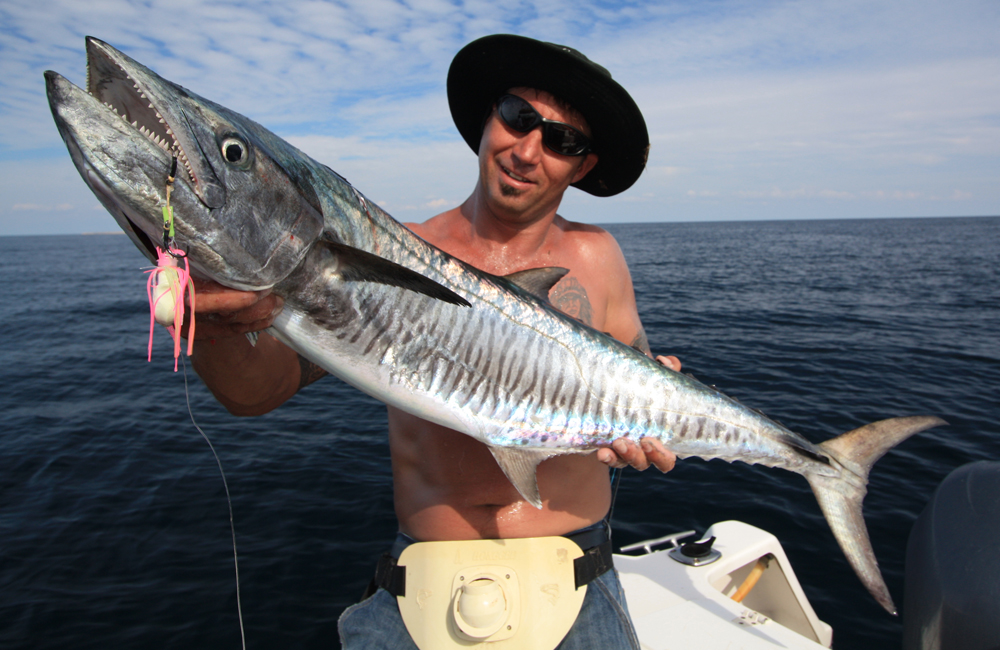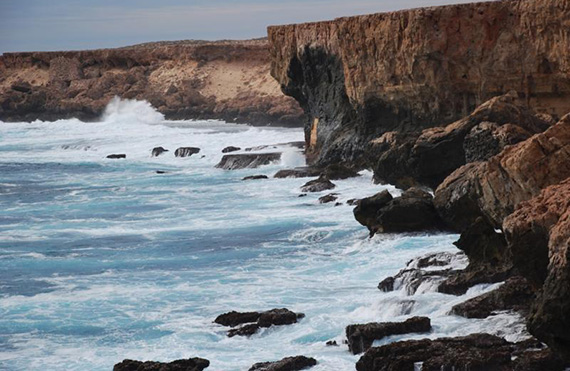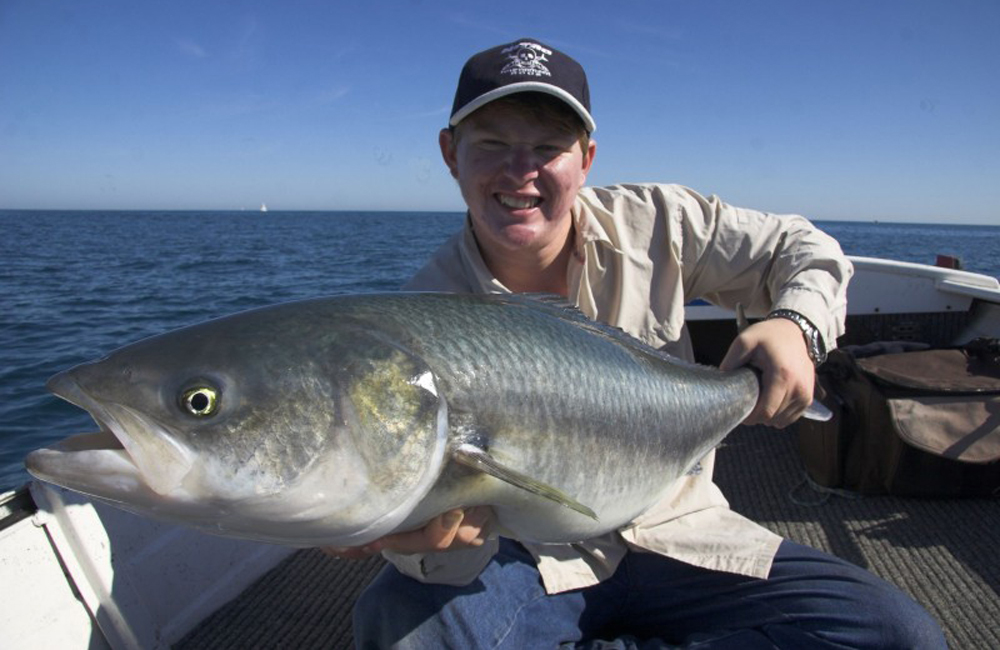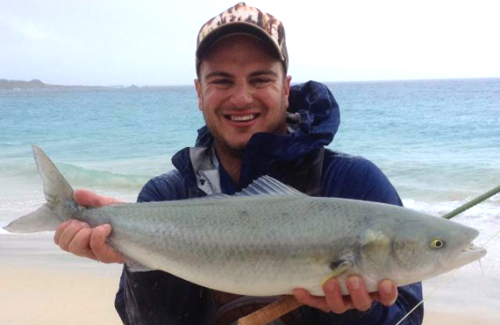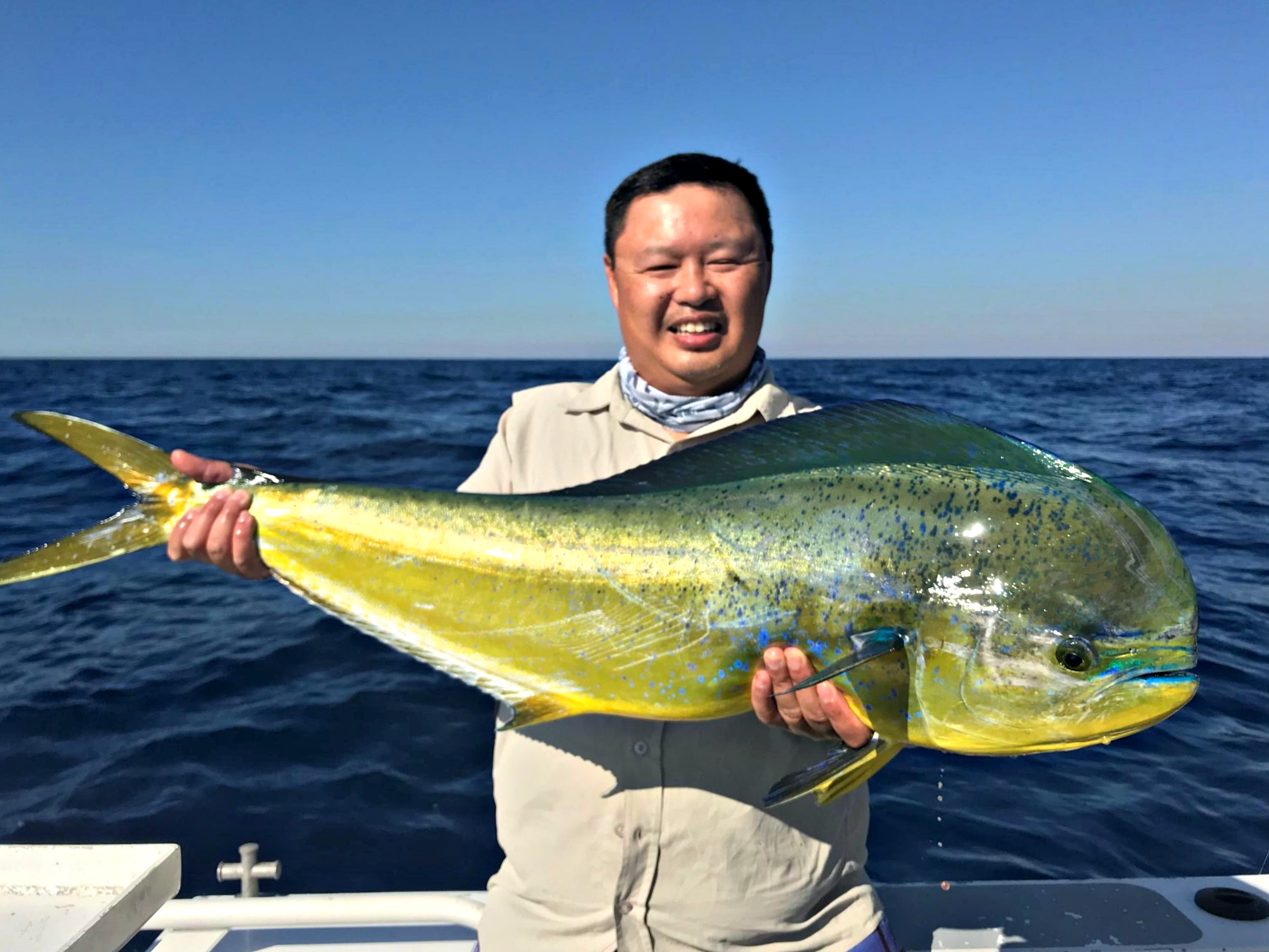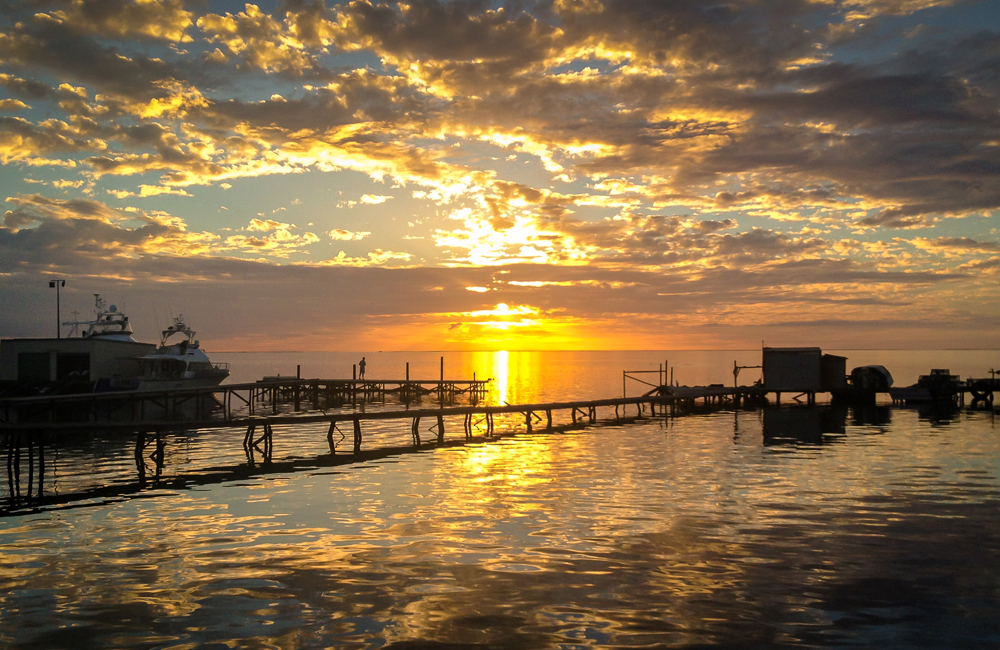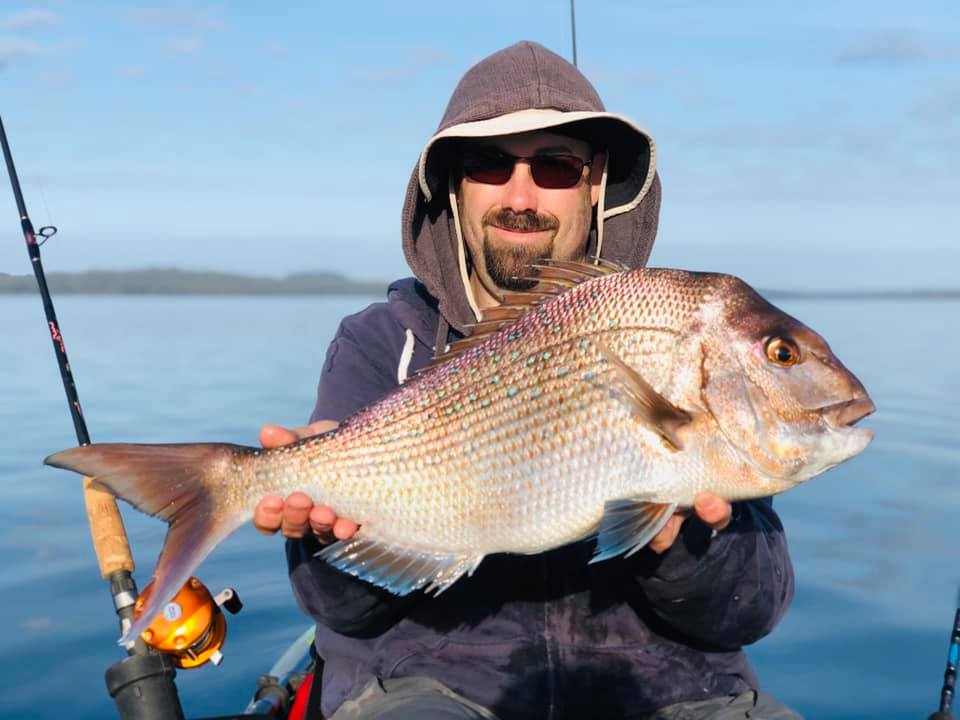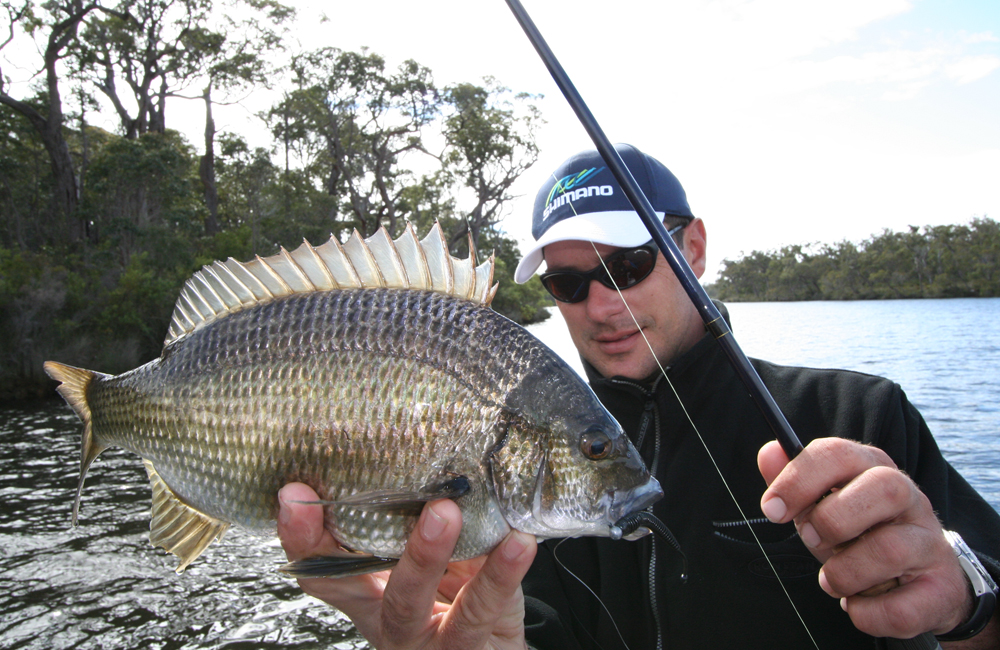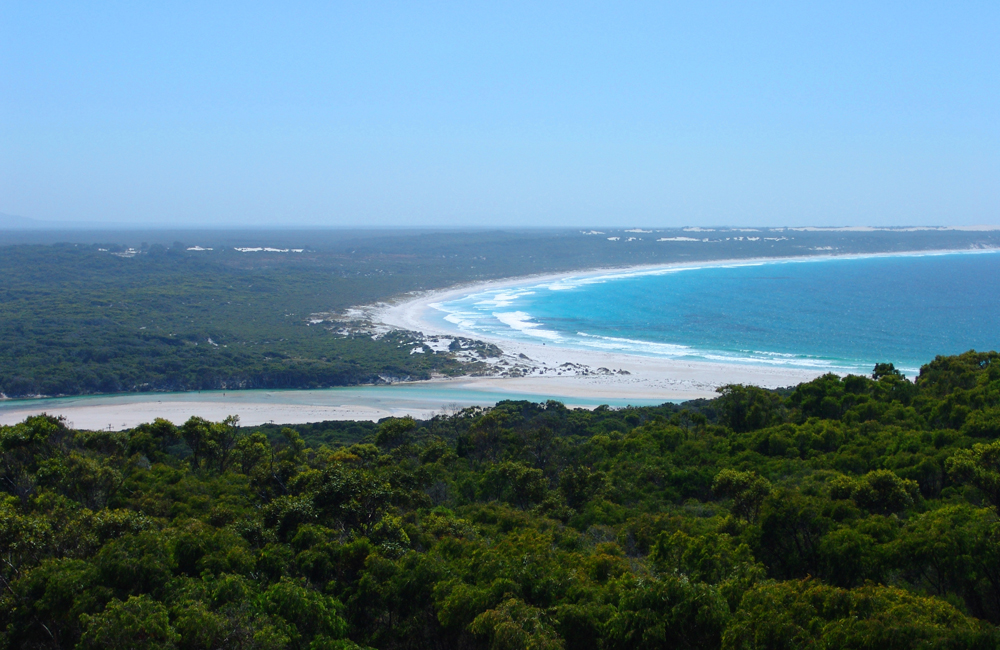The capital city of Western Australia sits on the doorstep of the Swan River. Big cities and rivers in most of the world would normally indicate a waterway dead and devoid of life, however the upside for Perth and the Swan River is that the river is in what can be considered good health.
The Swan River supports a very diverse range of species and while it may be a very altered system from what it once was it is still a great place to catch a variety of fish and crustacean species. Interestingly the Swan River supports a few species that are very unique to this small waterway.
The fishing on the Swan River and its connected Canning River is largely governed by the seasons and on the most part can be divided into Summer and Winter.
The fishing areas can also be broken down into two parts and are most commonly referred to as upstream and downstream. Downstream refers to the intertidal area which extends roughly to the Narrows Bridge on the Swan River / Perth side and the Canning Bridge on the Canning River side. Upstream extends from these points upstream in the Canning to Kent St Weir and to Bells Rapids in the Swan.
The biggest variety of species is found in the downstream section, with the parts in the lower section quite often turning up species more commonly found in the ocean.
Species include black bream, bar tailed flathead (flathead), flounder, tailor, herring, pilchard, mulloway, silver bream (tarwhine), squid, crabs, river prawns, king prawns and yellowtail grunter.
The Swan River system also supports a number of species that are quite prevalent yet very difficult to catch, or easy to catch but are inedible. These include mullet, pilchard, Perth herring or bony herring, western gobleguts, and the weeping toadfish (better known locally as blowies) which are poisonous.
The Swan river is also a nursery area to many juvenile ocean species so if you are not sure what species you’ve caught, it is best to return it to the water.
Cobbler are another species found in the Swan River however are totally protected and any that are caught should be returned to the water immediately.
As with all fishing locations please be sure to take any rubbish out with you when you leave. If there is other rubbish please consider doing the right thing and putting it in a bin as you leave with your rubbish.
If you are fishing off jetties with very young children it is wise to put them in some sort of personal flotation device, just in case they happen to fall into the water.
Local Species
Jetty Profiles
Browse by Map
Filter by
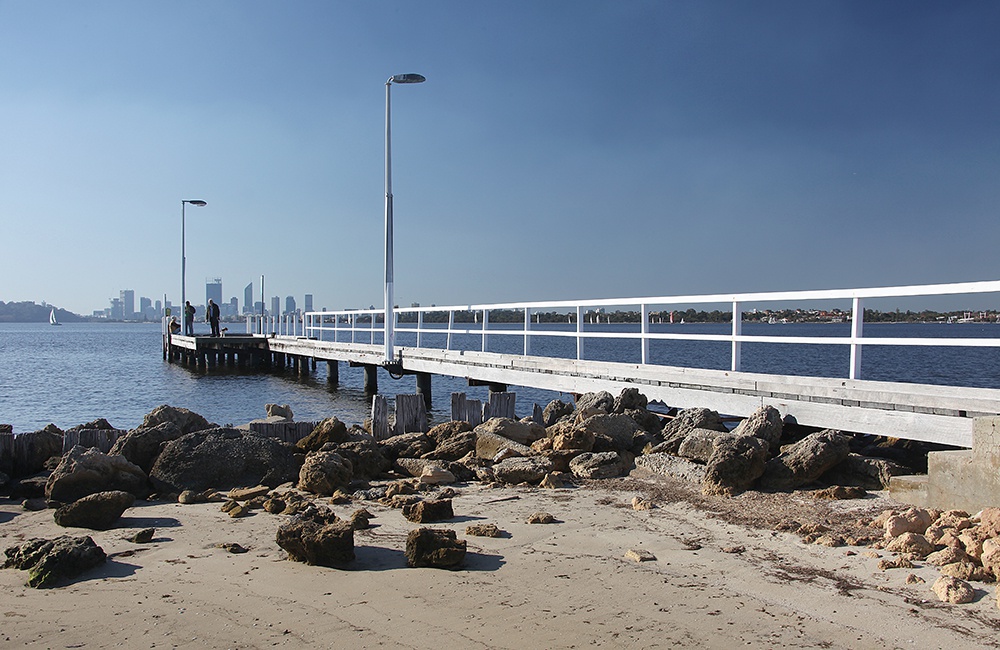
Applecross Jetty
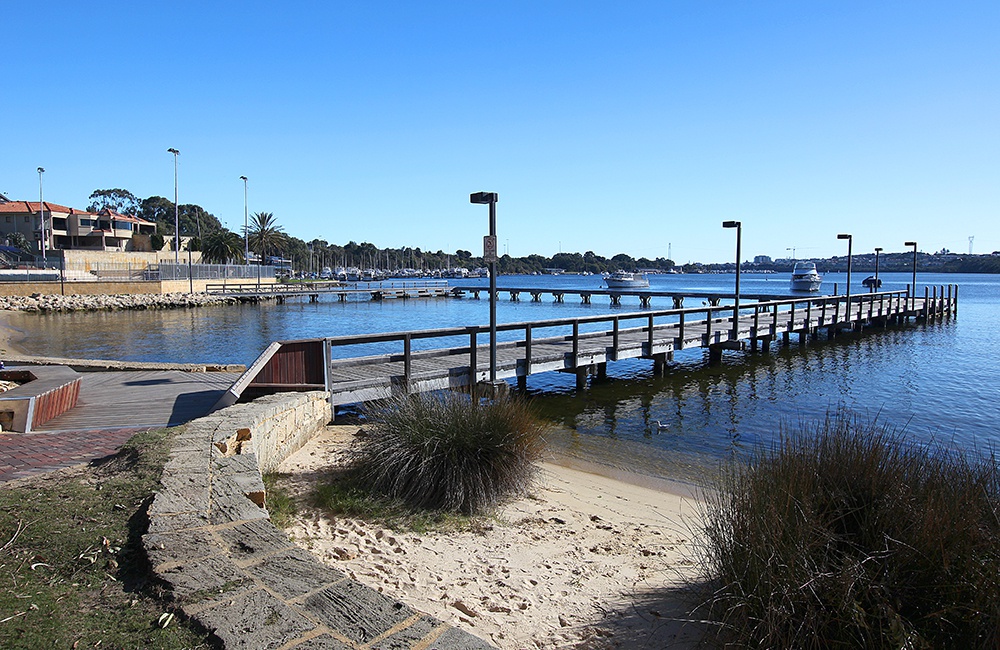
Bicton Baths
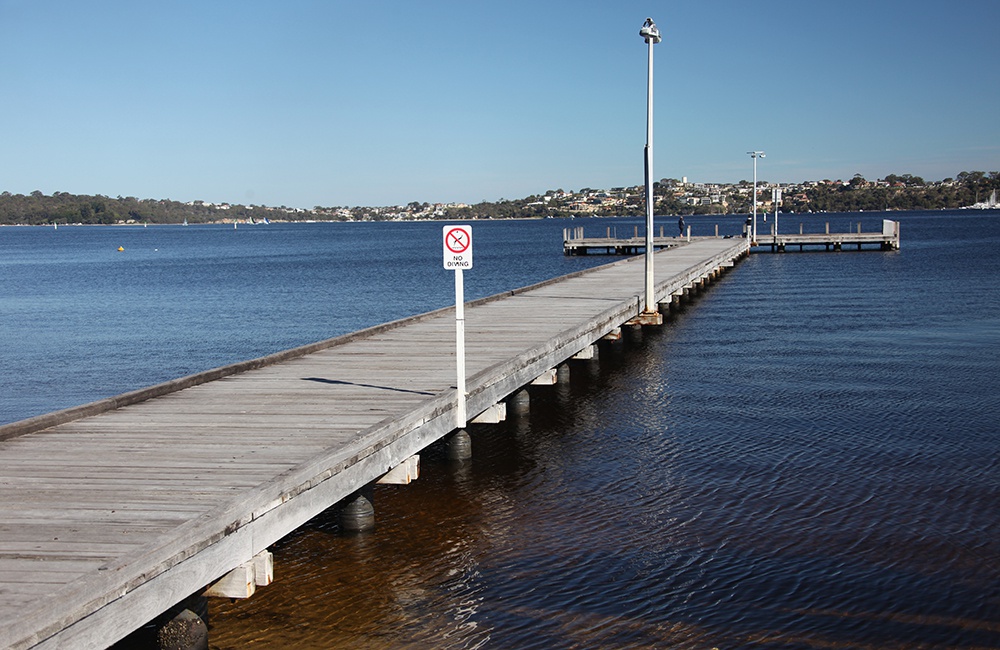
Claremont Jetty
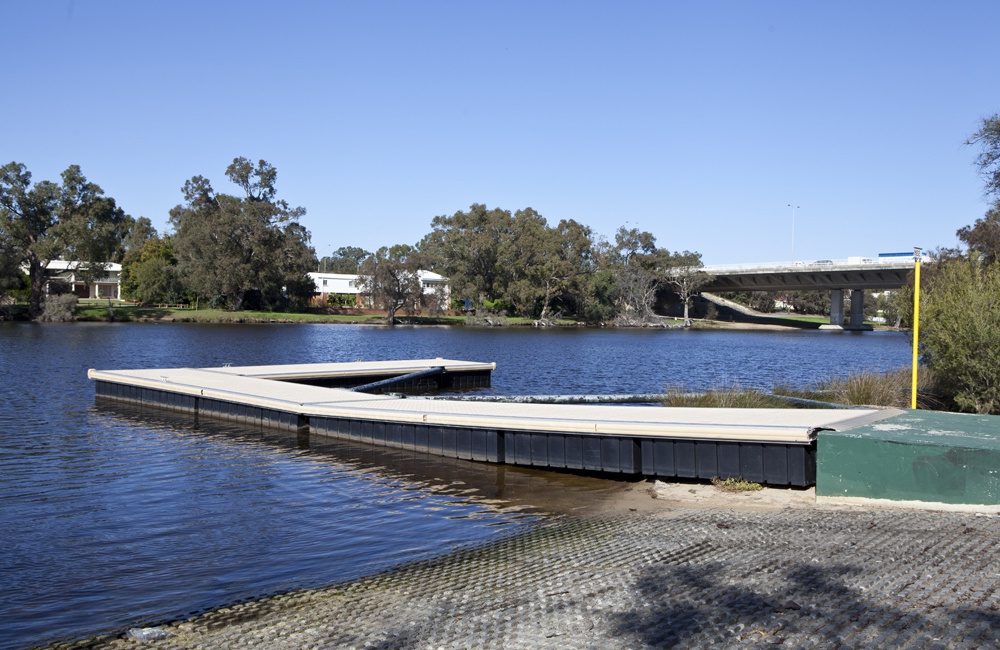
Claughton Reserve Boat Ramp and Jetty
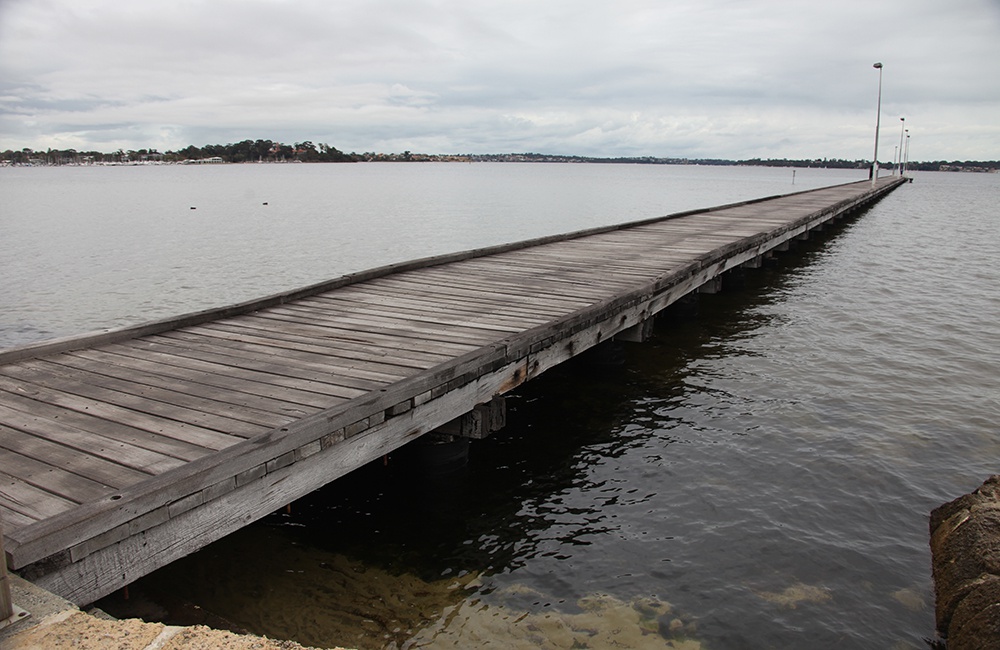
Como Jetty
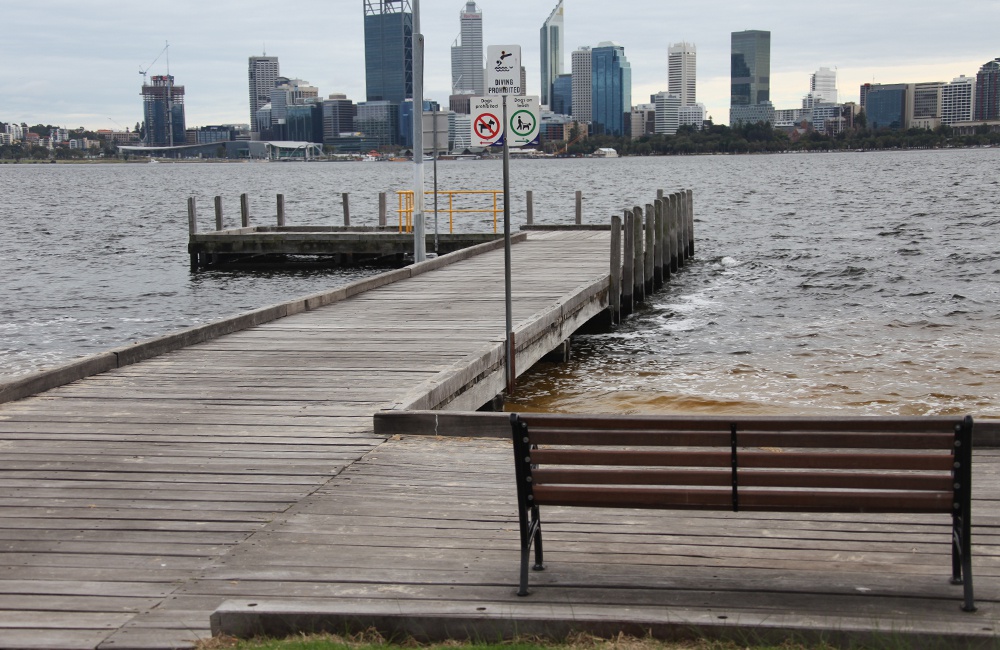
Coode Street Jetty
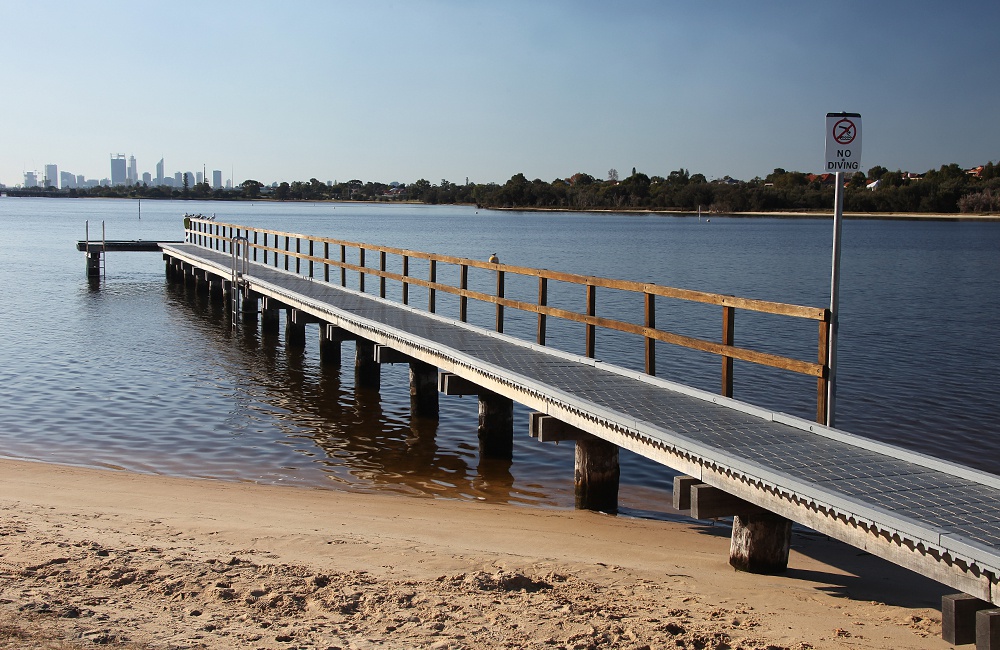
Deepwater Point Jetty Mt Pleasant
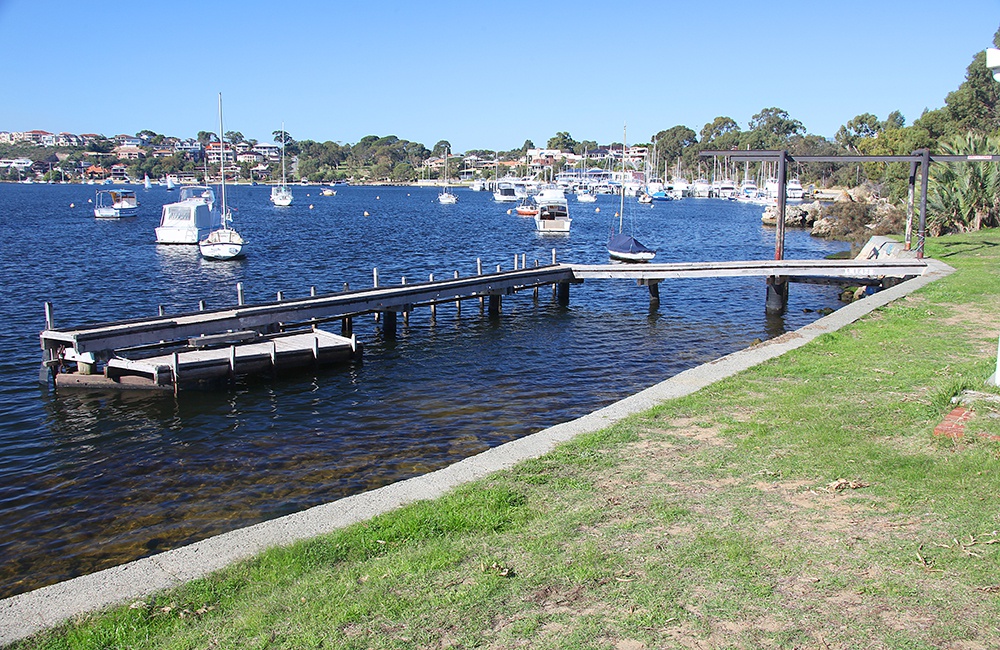
Fremantle Sea Scouts Jetty
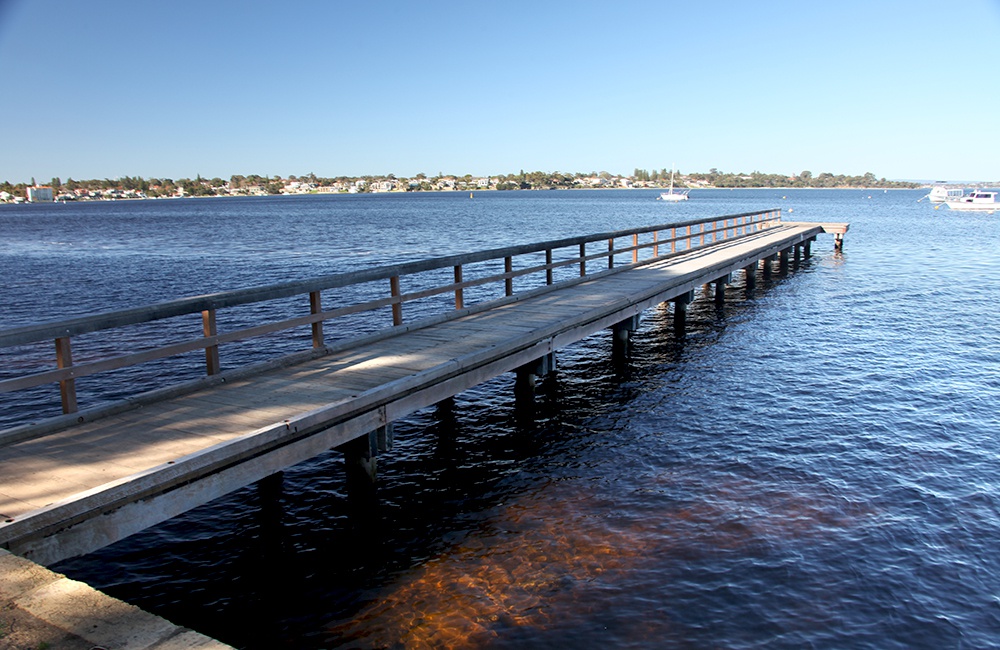
Freshwater Bay Jetty Peppermint Grove
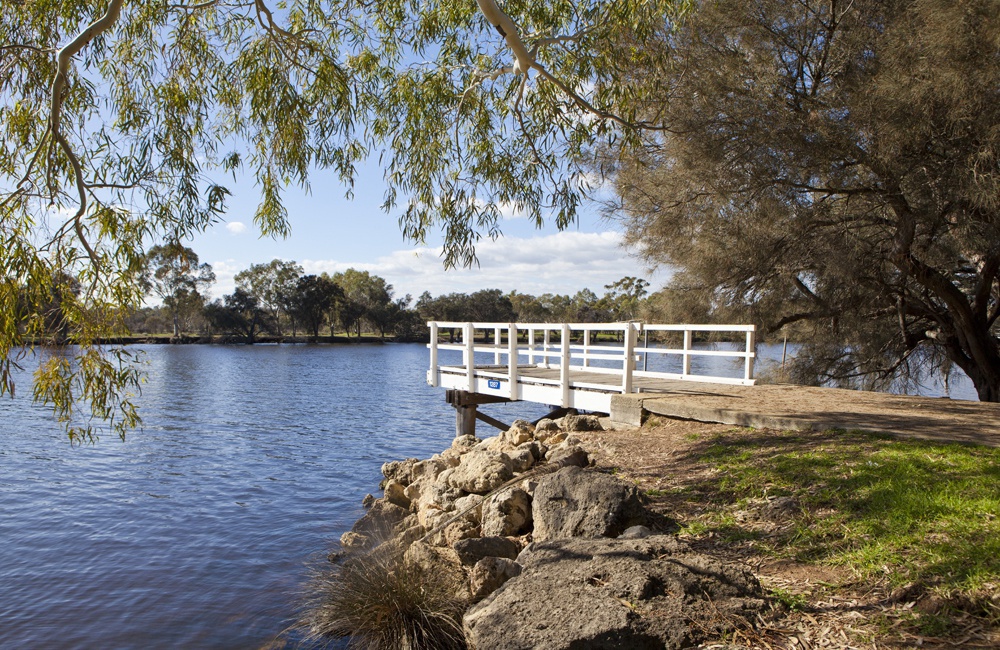
Garvey Park Jetty
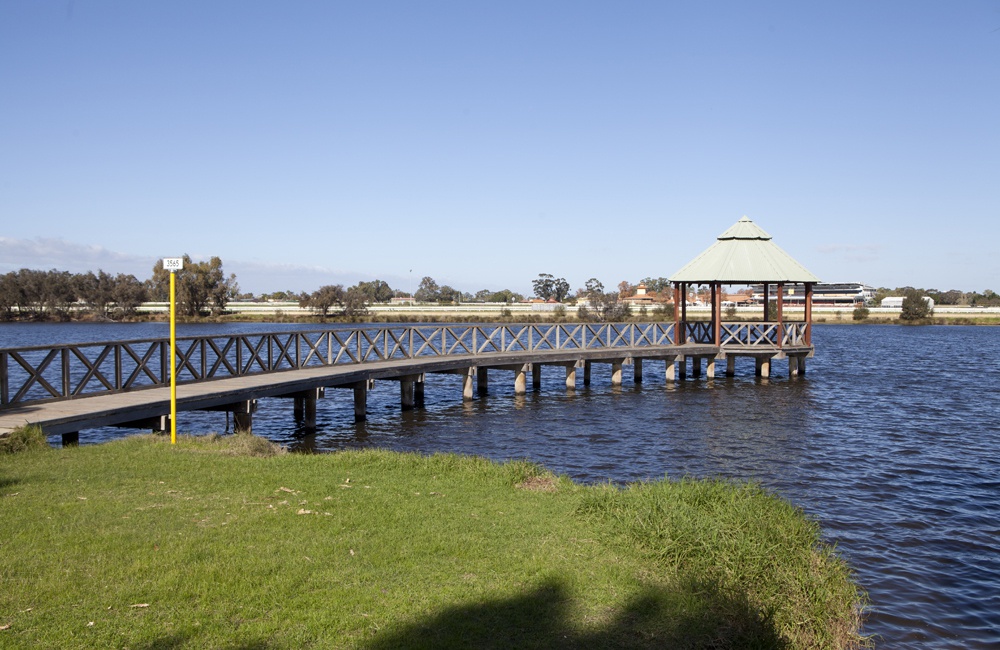
Gazebo Jetty Riverside Gardens
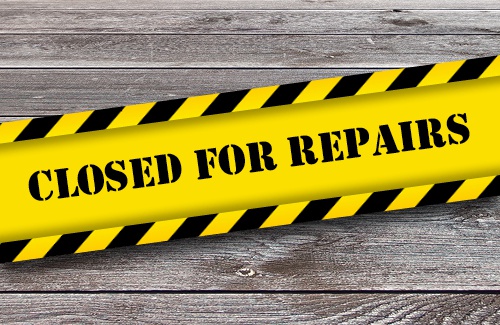
Gunbower Road Jetty Mt Pleasant
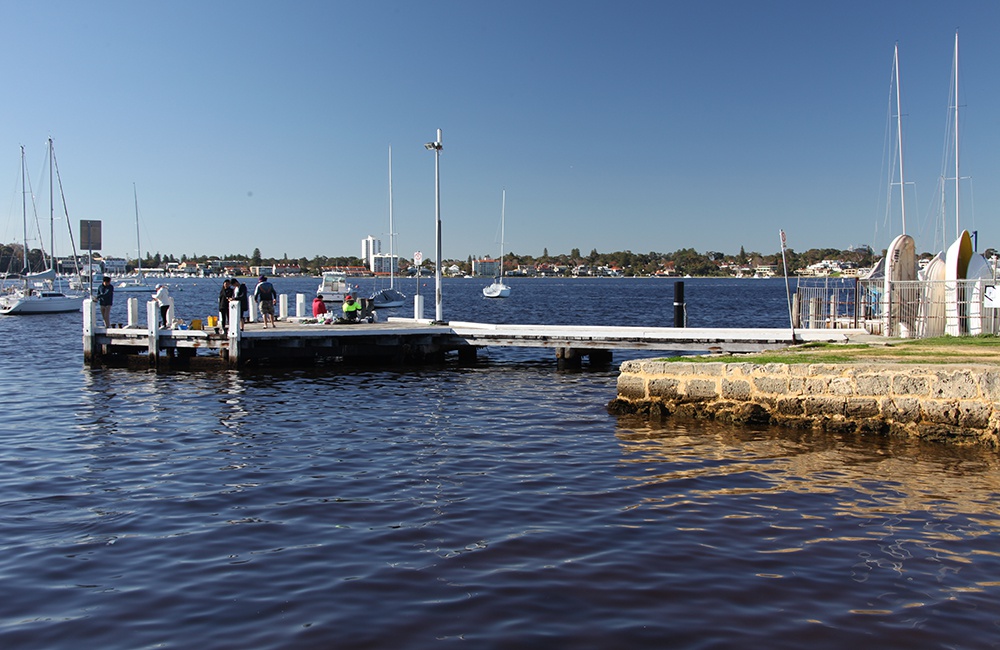
Keane Street Jetty
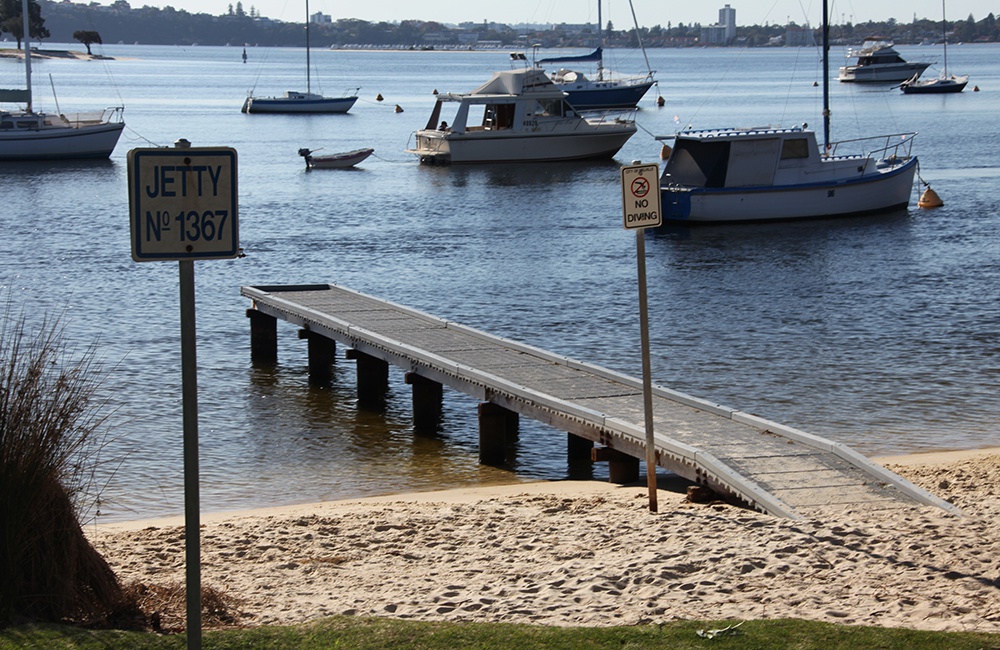
Kent St Jetty Bicton
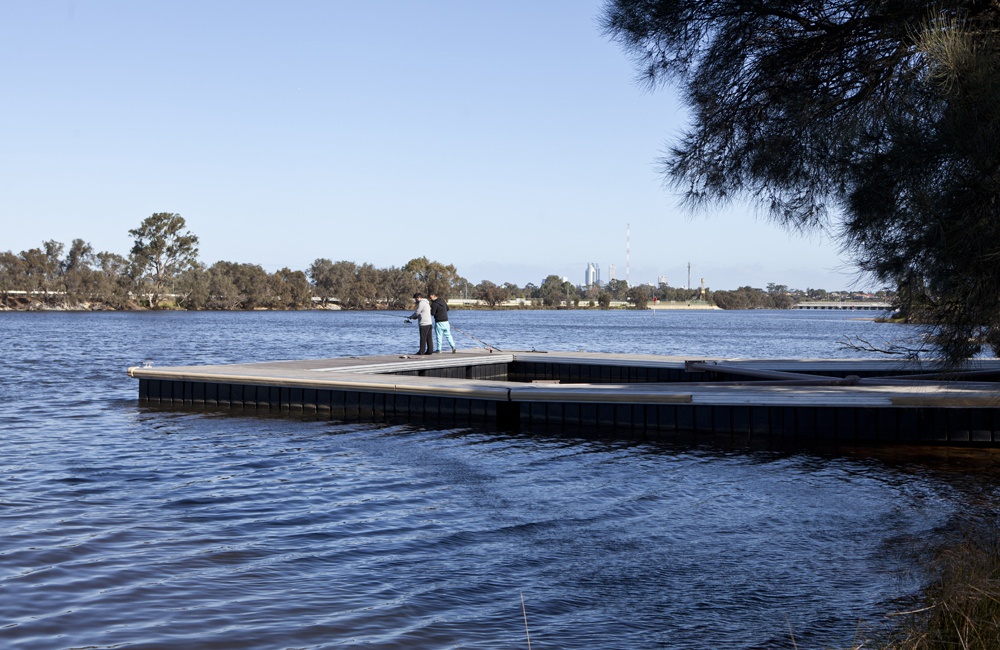
Memorial Drive Boat Ramp Jetty
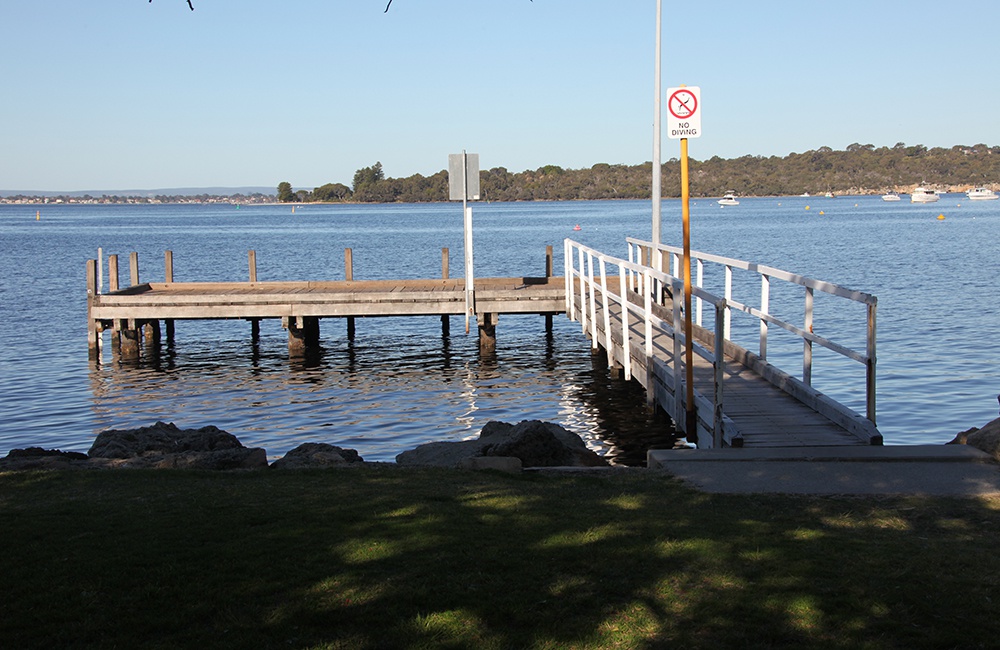
Mosman Bay Jetty
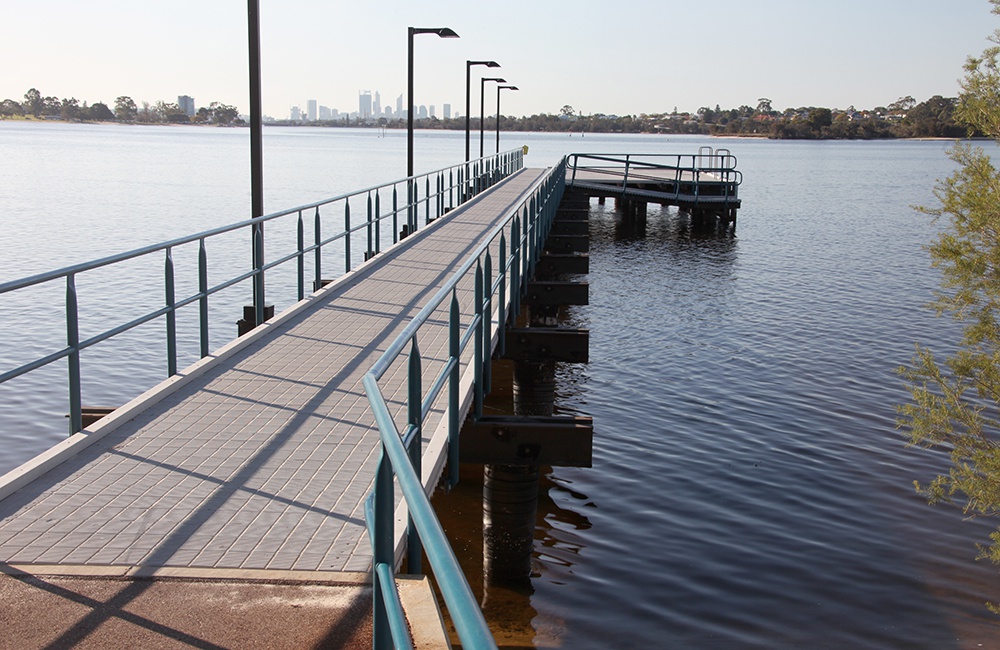
Mt Henry Bridge Jetty Mt Pleasant
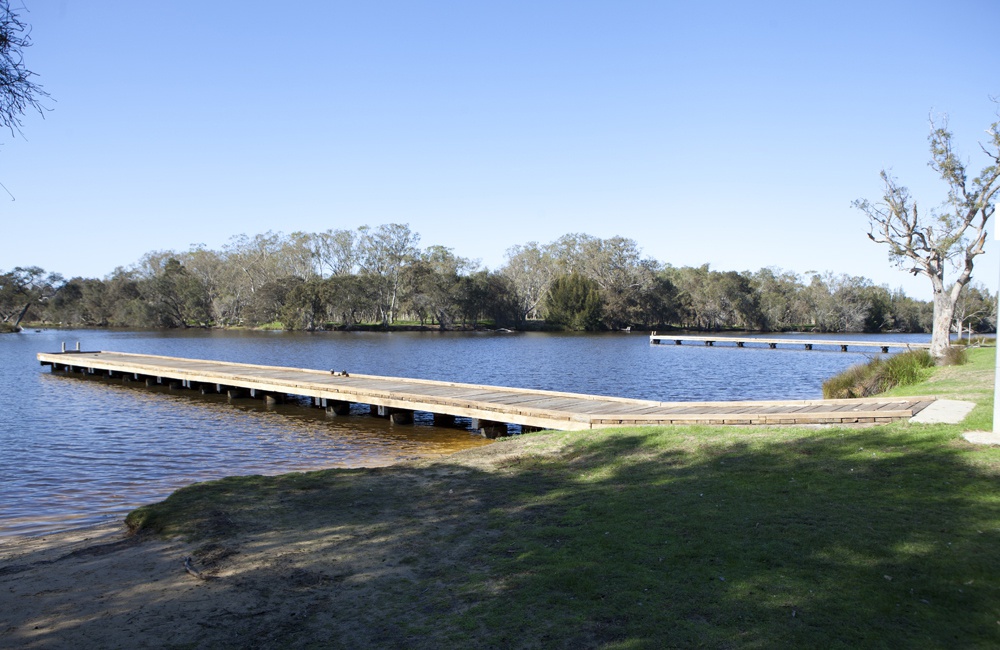
Point Reserve Jetties
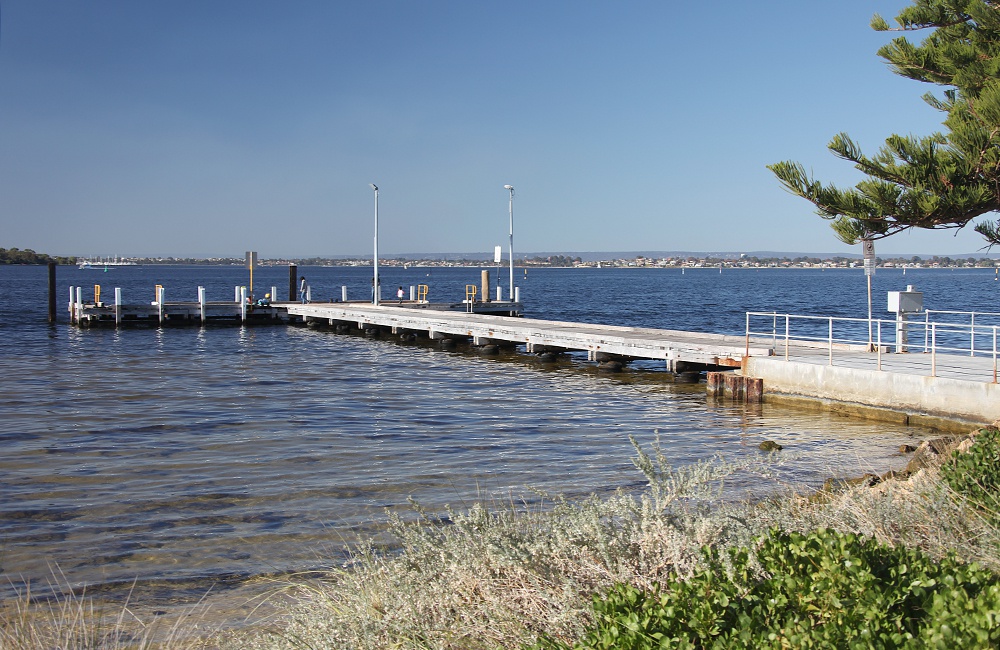
Point Walter Jetty
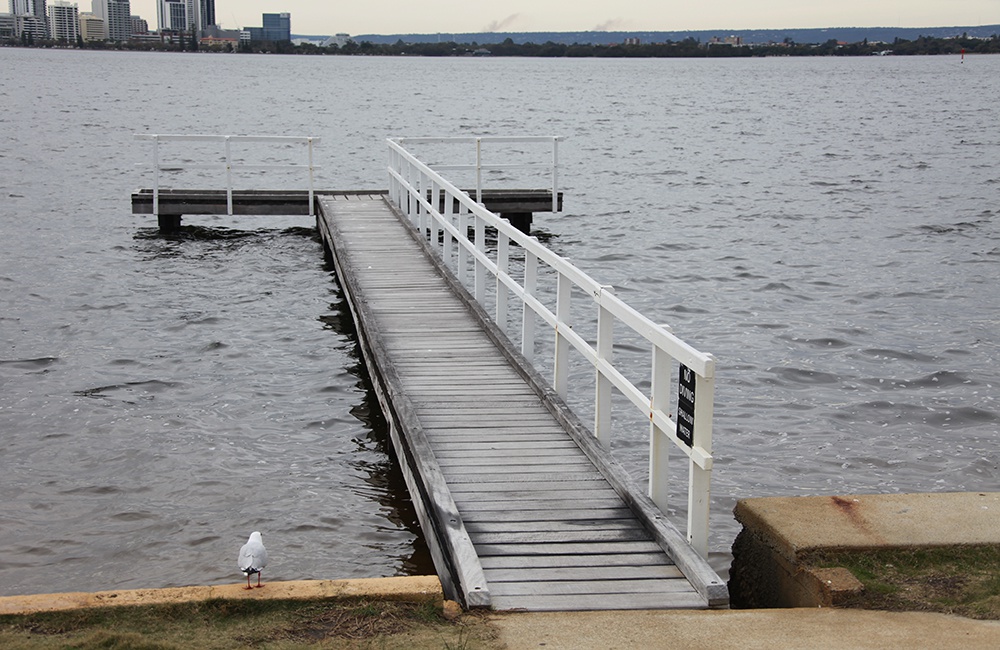
Queen St Jetty South Perth
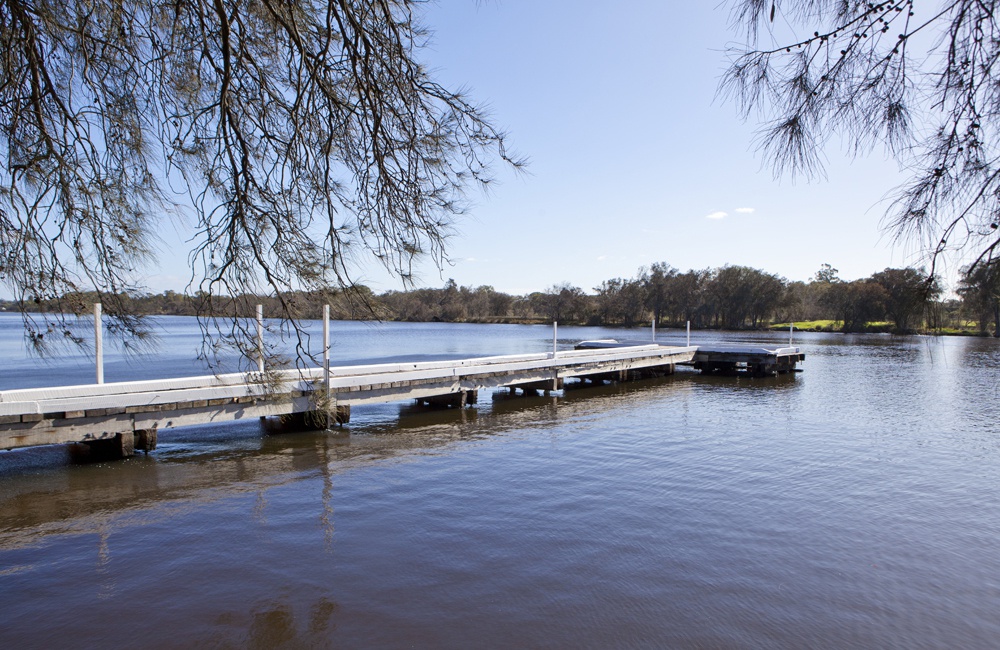
Redcliffe Jetty
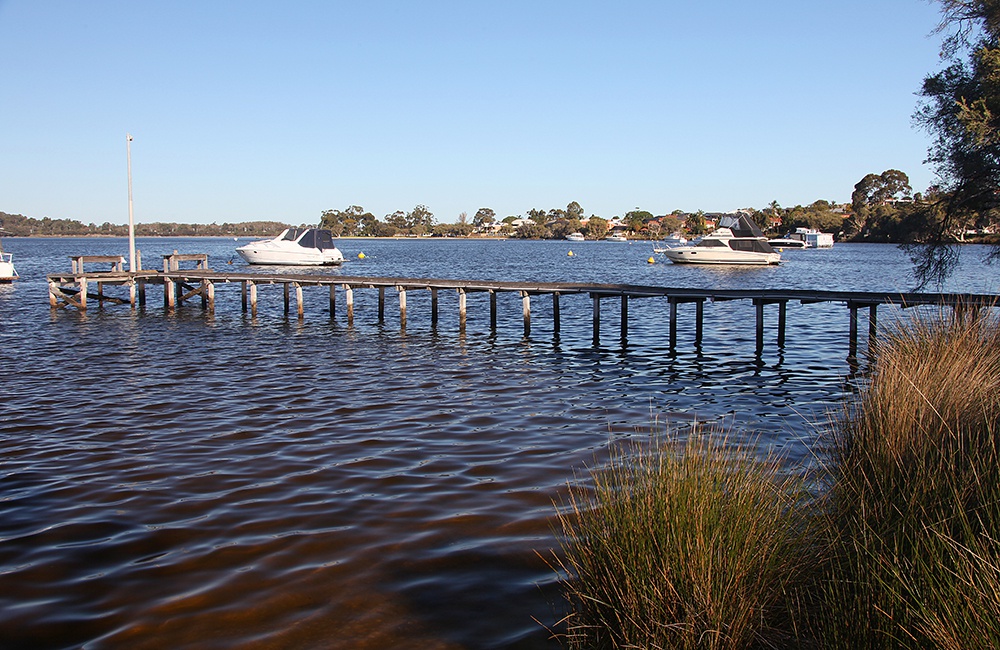
Rookwood Street Jetty Mt Pleasant
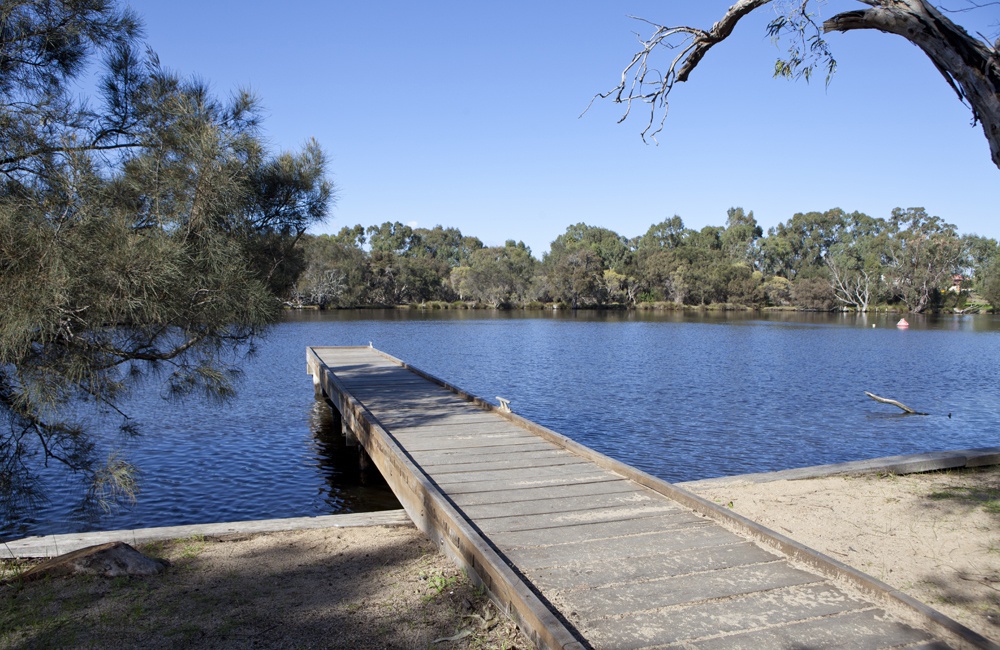
Sandy Beach Reserve Jetty Bassendean
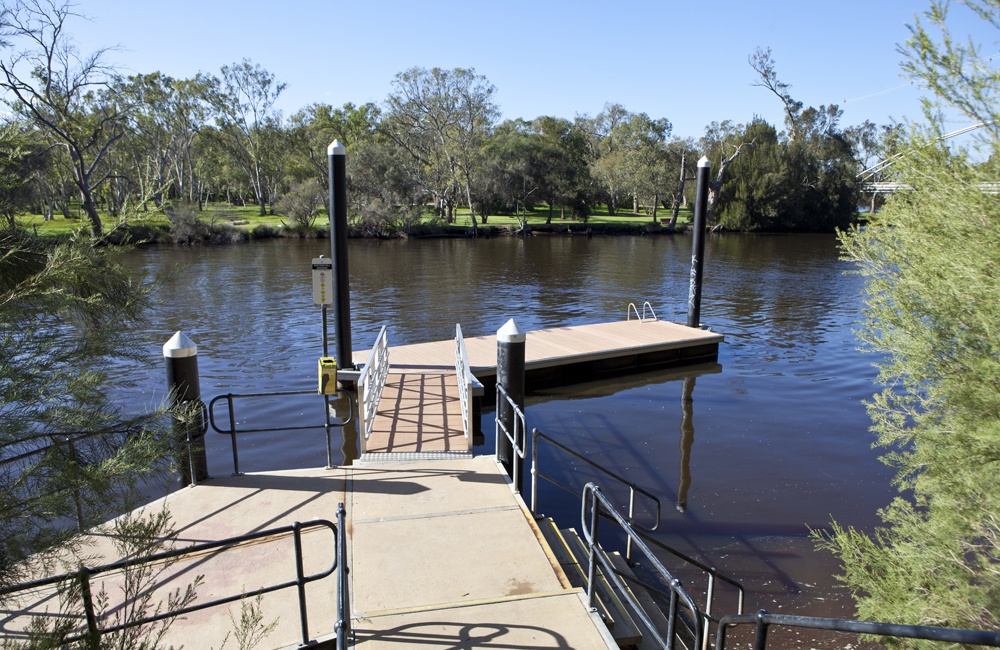
Success Hill Reserve Jetty
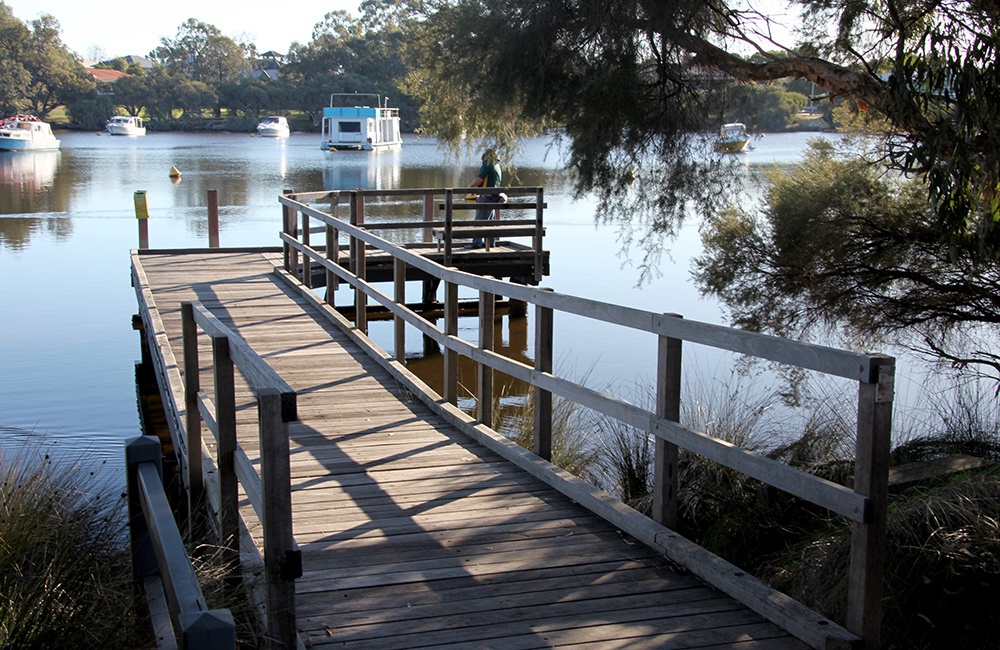
Wilber Street Jetty Rossmoyne

